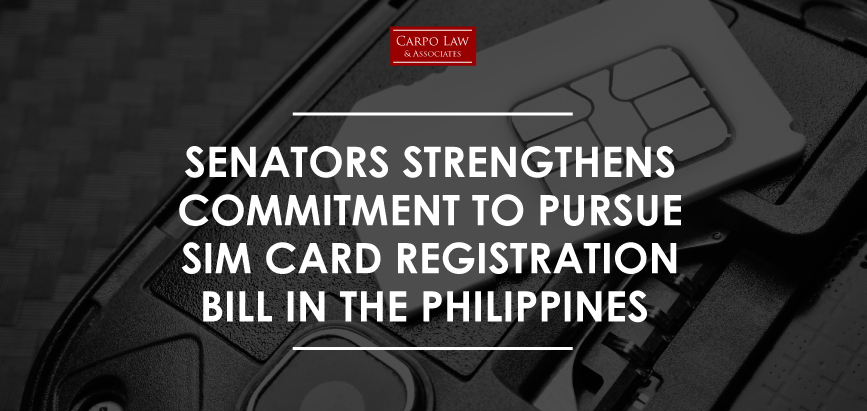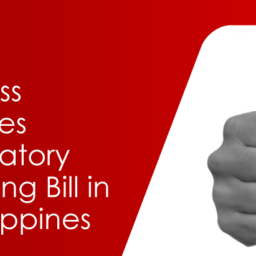
Senators Strengthens Commitment to Pursue Sim Card Registration Bill in the Philippines
After the administration vetoed the Subscriber Identity Module (SIM) Card Registration bill, expressing concerns about free speech and data privacy, Senator Grace Poe stated that Senate desired to end electronic and mobile phone-aided criminal activities together with providing a more secure cyberspace use.
As one of the sponsors of Senate Bill 2395, approved in December 2021, Poe mentioned that without the protections in the measure, it could make people vulnerable to fraudulent transactions that places their sensitive data such as bank accounts, passwords, profiles, etc, at risk. She also added that the growing number of cybercrimes and fake news are damaging the country’s democracy.
Poe mentioned in a statement, “Our laws and jurisprudence confirm that freedom of expression is not absolute, as in the cases of obscenity, libel, or when public safety and order are at stake.”
Moreover, Poe expressed, “We count on the Congress to act in a timely manner in reconsidering the bill for approval in accordance with the legislative process.”
Senator Panfilo Lacson has agreed with the presidential veto, citing that mandating social media registration could violate the “one subject, one title rule” under the 1987 Constitution, which states “every bill passed by the Congress shall embrace only one subject which shall be expressed in the title.”
Lacson expressed, “Not to mention the absence of safeguards or guidelines in the said provision not even covered by the title of the measure itself.”
In addition, he added that his version of the bill plainly calls for the registration of SIM cards with the service provider.
On the other hand, Senate President Vicente Sotto III had a different reaction compared to his running mate following the President’s veto.
House of Representatives Deputy Speaker Wes Gatchalian has also sided with the president, despite being the principal author of the said bill, blaming the inclusion of some provisions, in which he expressed that it should be further studied.
Gatchalian stated, “Unfortunately, the last-minute insertion of Senator [Franklin] Drilon to include the registration of social media providers is totally not in line with the essence of this bill. There is nothing in the bill specifying clear guidelines and how to register in such a broad environment.”
Drilon argued that the provision he proposed in the bill was out of topic.
Drilon noted, “It’s not a last-minute insertion. We studied it and introduced it in the Senate plenary as part of our humble contribution in the fight against trolls, fake news, and other internet-related criminal activities.”
In addition, Drilon mentioned that 22 senators favored the measure for the third reading and the House of Representatives adopted their version with little revision. The bicameral report was approved in February.
Andanar mentioned in a press conference that the administration praised Congress for its efforts in finding ways to solve the rising case of cybercrimes and offenses related to information and communications technology. However, he was “constrained to disagree with the inclusion of social media in the measure, without providing proper guidelines and definitions.”



